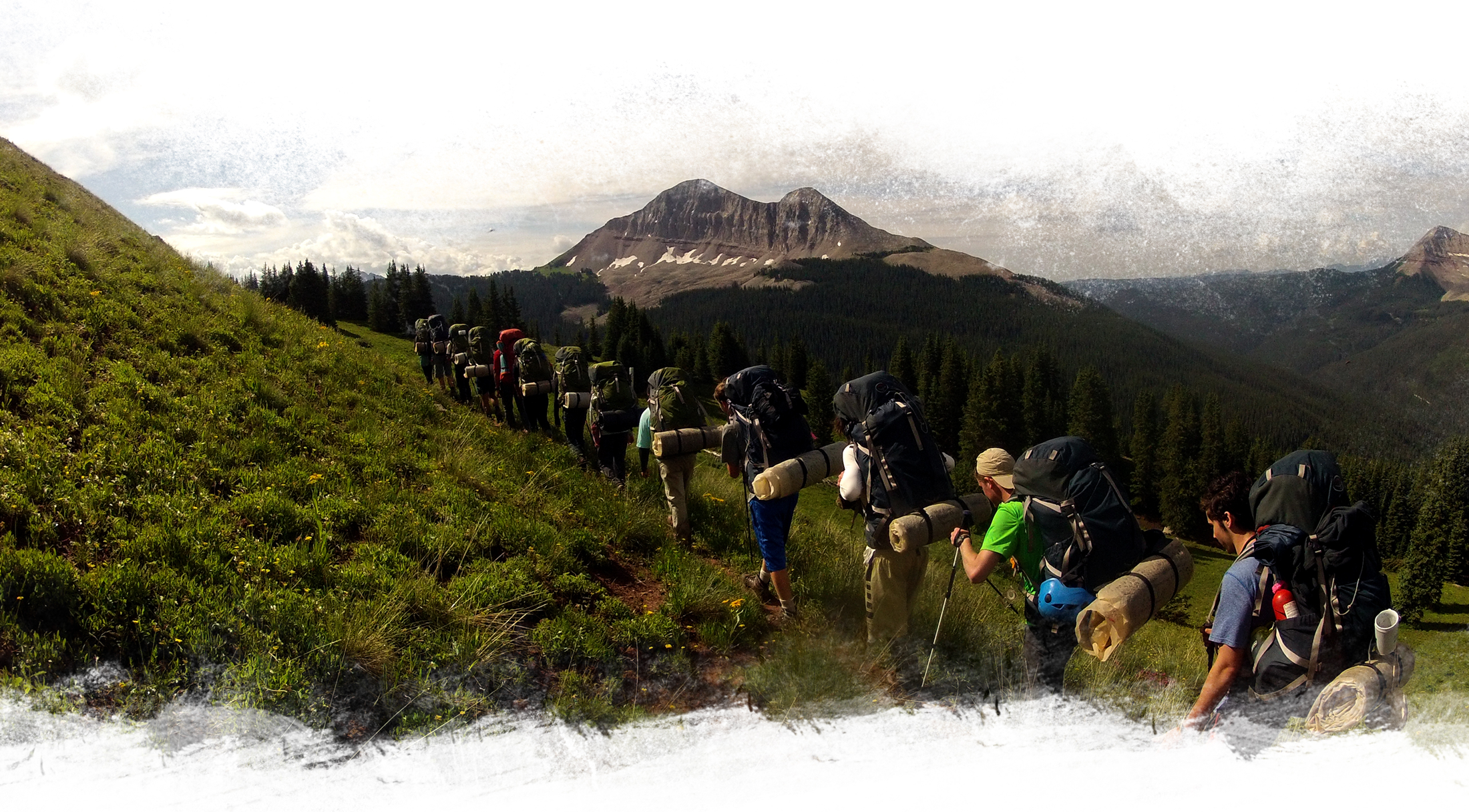Frequently Asked Questions

Expedition Life FAQs
What experience do I need?
None! Many of our students have never spent any time in the wilderness before. Some have done a little camping or indoor rock climbing. As long as you are physically and mentally prepared, excited to learn the basics, and committed to seeing your adventure through, you will do just fine.
Will I be safe?
Safety is of the utmost importance to us. We are proud of our safety record since our first courses ran in 1962 and frequently revisit and refine our policies to maintain that record. It is important to recognize that there are real risks associated with participating in outdoor activities. Learning to manage those risks is part of every course, and each student is expected to play a role in their own safety by adhering to the rules, policies and procedures set up by instructors and staff members.
Our risk management efforts include: internal and external reviews of courses and course areas, certified Wilderness First Responder instructors (an outdoor education industry standard level of training), annual instructor assessments, training requirements, and the development of comprehensive program plans.
While we cannot completely eliminate the risk of serious injury, property damage, and death, our focus on risk management allows participants to face challenges, travel into remote areas and meet success.
Please note, we have put additional safety measures in place to help mitigate risks related to COVID-19. Read more about our COVID-19 Program Practices here.
What is wilderness travel like?
Outward Bound courses are demanding -- and rest assured it will be worth it in the end; that's what most alumni would tell prospective students. There can be a lot of challenges in getting from point A to point B. Travel may be on trails, or “off-trail” over rugged, steep terrain, through forests, snow, rushing rivers, or narrow canyons. Travel, navigation, and camp craft will require perseverance and teamwork -- and sometimes a good sense of humor.
You'll learn everything you need to navigate life in the backcountry. Groups quickly master the art of tarp set-up and knot tying to ensure they’re protected from the elements each evening, and meal prep might require some creativity if a storm rolls in. Every action of the day requires energy and investment, from the moment groups wake up until the moment they fall asleep each night.
There is nothing as spectacular as the night sky when you're miles from civilization. And few experiences compare to the sense of accomplishment students feel upon completion of such an epic adventure.
Wilderness travel challenges students to give up a few comforts. Hot running water, padded furniture, hot food in seconds, and flat sidewalks are not a part of the wilderness experience. Students are also asked to leave non-essentials like deodorant, makeup, electronic devices, and books behind. These can be difficult sacrifices at first, but in the end, students learn to embrace the rare opportunity to live minimally, finding contentment with less stuff and more substance.
Read more about the different types of wilderness travel and activities that make up a COBS expedition:
What does a typical day look like?
A typical day usually means getting up early, making breakfast over a camp stove, packing up camp, mapping a route, and heading out on the trail or water (depending on the course). Students travel all day, generally covering a lot of ground, but also taking breaks to rest, eat, and enjoy the view. When groups reach camp each evening, they divide up chores like preparing food and setting up tents. After dinner, groups usually sit around the circle, share thoughts on the day, discuss the next day’s plans, laugh, and enjoy each other’s company before crawling into their sleeping bags for a well-deserved rest.
Want to know more about the specific course elements? Check out:
How will I stay clean?
Instructors will teach their groups about general backcountry hygiene. Every course area has different techniques and environmentally appropriate practices for going to the bathroom and bathing. Students learn how to dispose of human waste in latrines, cat holes or other wilderness methods. (Ready to get more specific? Read more about how to poop in the backcountry.)
Groups carry soap and hand sanitizer for hand washing. Showering and washing hair are typically not options on the course. However, on most Utah courses students travel on water every day, and swimming is a daily practice when temperatures allow. On Colorado courses, students can take advantage of alpine lakes or streams to rinse off the trail dust. At the end of the expedition students may have access to indoor plumbing and showers before returning home.
What is the food like?
Our food is wholesome, simple, lightweight and nonperishable. With high levels of activity on our courses, carbohydrates are essential and you will help cook meals for yourself and your group while out on course. A few examples of things you might have are: bagels, cheese, granola, oatmeal, dried fruit, hummus, peanut butter, pita, salami, tortillas, tuna, trail mix, noodles, rice, beans, soup, chili, etc.
With advance notification, we can accommodate vegetarian and many other special diets. If you have questions about whether we can accommodate your special diet, contact us.
What is a 'solo'?
A solo is a period of time during course when students are spaced apart and have time to themselves. The solo sites will be chosen by the instructors, who will find a place that is both secluded and within hearing distance of the other members of the group for safety. Most people use this time for reflection and relaxation, as well as a time to practice the camp craft skills they have learned. This is not a survival test; you will not be dropped into a remote area, as everyone stays within close range of the instructors.
Participants will be given shelter, food, water and a journal to help them record and reflect while alone. You will not be traveling during this time and your instructors will check on you occasionally. The length of a solo is determined by course length, weather, and group dynamics.
Application & Enrollment FAQs
What is the application process like and how long does it take?
We have a robust application process to best ensure that students are prepared for their Outward Bound adventure. You'll begin by completing a online application and paying a $500 deposit. This deposit includes a $150 non-refundable enrollment processing fee. After this, a Course Advisor will contact you to provide additional documents, some of which need to be filled out by health care professionals. Once you have completed your paperwork, you will have time to learn more about your expedition with your Course Advisor. The whole process typically takes 2-3 weeks if application materials and payments are submitted in a timely manner.
Is it possible that I won’t get accepted for my Outward Bound course?
Outward Bound courses are designed to serve a wide variety of students at different points in their lives and personal development. However, not all applicants are accepted. It is important that the applicant is mentally and physically prepared to participate safely and enthusiastically.
We do our best to provide applicants with the resources they will need to thrive on course. For example, if a student has never been hiking, we can provide training resources so they can thrive on their course.
However, we will ask that applicants consider a different course or reapply for a different season if we are concerned for their physical and emotional safety. For example, if an applicant is recovering from breaking an ankle and their doctor discourages vigorous activity, we would likely ask them to reapply next year.
Does Colorado Outward Bound School provide scholarships and/or payment plans?
Yes. For more information, check out our Scholarships page.
What does tuition cover?
Tuition covers all food, transportation, and equipment rentals while on course. And just like any other school, it covers the cost of our backcountry training and educational instruction. Tuition is due 90 days before course start.
Students will need to provide their own clothing, footwear and some gear (such as a headlamp). They will also be responsible for the costs of any physician's exam (if required) and travel to and from course start.
Can I participate on an Outward Bound course with my friend or family member?
We prefer friends and family members select different courses. We understand that embarking on a grand adventure might feel more comfortable with a friend. But an Outward Bound course is an amazing opportunity to explore your own path and develop new friendships independently. Even though you won't know your crewmates before your expedition, you'll be among friends soon enough! Our crews quickly develop close bonds while working together to navigate their expedition.
Can Outward Bound accommodate my food allergy?
Yes, the Colorado Outward Bound School can accommodate most food allergies. We put a lot of energy into creating menu plans that work for people with a variety of food allergies including people who do not eat meat, dairy, gluten, tree nuts and peanuts. In some cases, we ask students to provide some of their own food supplements. We may not be able to accommodate proximity allergies because a severe allergic reaction in the backcountry is a major safety risk.
When can I buy my plane ticket?
We request that applicants delay purchasing nonrefundable airline tickets until they have been approved and advised by their Course Advisor to book travel arrangements. This is because unforeseen circumstances like wildfires and COVID-19 outbreaks may force us to cancel courses. We highly recommend purchasing travel insurance to protect your investment under those circumstances. Contact your course advisor for more information.
When you have been approved to book travel arrangements, make sure to pay attention to the location, start and end times of your course to avoid mistakes with your reservation.
How do I get to and from my Outward Bound course?
Once enrolled, a Course Advisor will provide a Travel Information document that will help students schedule their arrival and departure.
Students should refrain from making travel plans prior to receiving travel details from their Course advisor as the exact details may differ slightly from the directions listed below.
In general, students on courses beginning in Colorado will meet at Denver International Airport by 1pm on the first day of course. For 16+ courses, students may fly in the day before course and stay at the DoubleTree Stapleton North Hotel to acclimate to the elevation.
In general, students on courses beginning in Utah will meet at the airport in Grand Junction, CO by 1pm. For 16+ courses, students may fly in the day before and stay at the Clarion Hotel in Grand Junction, so they can be ready for a 9am pickup the first day of course.
More questions? Call us at 720-381-6589.




